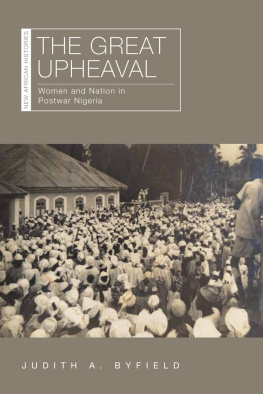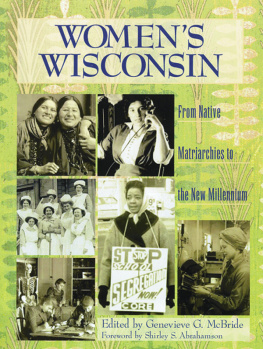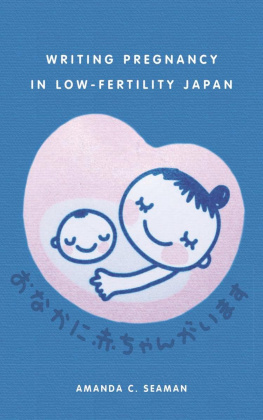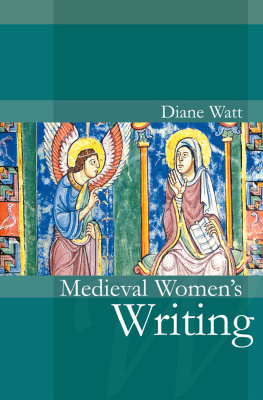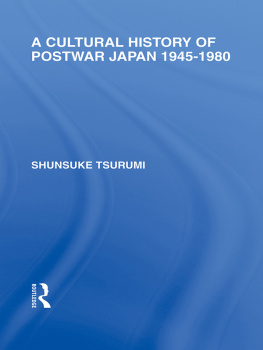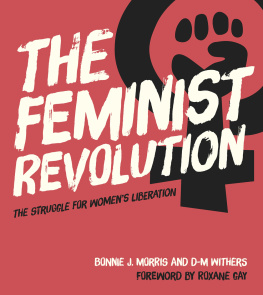Women's History and Local Community
in Postwar Japan
This timely look at a neglected corner of Japanese historiography spotlights the decade following the end of World War II, a time in which Japanese society was undergoing the transformation from imperial state to democratic nation. For certain working and middle-class women involved in education and labor activism, history-writing became a means to greater voice within the turbulent transition.
Women's History and Local Community in Postwar Japan examines the emergence of women's history-writing groups in Tokyo, Nagoya and Ehime, using interviews conducted with founding members and analysis of primary documents and publications by each group. It demonstrates how women appropriated history-writing as a radical praxis geared less toward revolution and more toward the articulation of local imaginations, spaces and memories after World War II. By appropriating history as a praxis that did not need revolution for its success, these women used connections established by Marxist historians between history-writing and subjectivity, but did so in ways that broke rank from nationally-referenced renditions of history and memory. Under conditions in which some women saw history as a field of articulation that remained dominated by men, they put into practice their own de-centered versions of history-writing that continue to influence the historical landscape in contemporary Japan.
Curtis Anderson Gayle is an Associate Professor in the Faculty of Integrated Arts & Social Sciences at Japan Women's University, in Tokyo. He is the author of Marxist History and Postwar Japanese Nationalism (Routledge 2002) and specializes in modern Japanese history and comparative culture.
Routledge/Asian Studies Association of Australia (ASAA) East
Asia Series
Edited by Tessa Morris-Suzuki and Morris Low
Editorial Board: Professor Geremie Barm (Australian National University), Professor Colin Mackerras (Griffith University), Professor Vera Mackie (University of Melbourne) and Associate Professor Sonia Ryang (University of Iowa).
This series represents a showcase for the latest cutting-edge research in the field of East Asian studies, from both established scholars and rising academics. It will include studies from every part of the East Asian region (including China, Japan, North and South Korea and Taiwan) as well as comparative studies dealing with more than one country. Topics covered may be contemporary or historical, and relate to any of the humanities or social sciences. The series is an invaluable source of information and challenging perspectives for advanced students and researchers alike.
Routledge is pleased to invite proposals for new books in the series. In the first instance, any interested authors should contact:
Professor Tessa Morris-Suzuki
Division of Pacific and Asian History
Research School of Pacific and Asian Studies
Australian National University
Canberra, ACT0200 Australia
Professor Morris Low
School of Languages and Comparative Cultural Studies
University of Queensland
Brisbane, QLD 4072, Australia
Routledge/Asian Studies Association of Australia (ASAA) East Asia Series
Gender in Japan
Power and public policy
Vera Mackie
The Chaebol and Labour in Korea
The development of management strategy in Hyundai
Seung Ho Kwon and Michael O'Donnell
Rethinking Identity in Modern
Japan
Nationalism as aesthetics
Yumiko Iida
The Manchurian Crisis and
Japanese Society, 193133
Sandra Wilson
Korea's Development Under
Park Chung Hee
Rapid industrialization, 196179
Hyung-A Kim
Japan and National
Anthropology
A critique
Sonia Ryang
Homoerotic Sensibilities in Late
Imperial China
Wu Cuncun
Postmodern, Feminist and
Postcolonial Currents in
Contemporary Japanese Culture
A reading of Murakami Haruki,
Yoshimoto Banana,
Yoshimoto Takaaki and
Karatani Kjin
Murakami Fuminobu
Japan on Display
Photography and the emperor
Morris Low
Technology and the Culture of
Progress in Meiji Japan
David G. Wittner
Women's History and Local
Community in Postwar Japan
Curtis Anderson Gayle
First published 2010
by Routledge
2 Park Square, Milton Park, Abingdon, Oxon OX14 4RN
Simultaneously published in the USA and Canada
by Routledge
270 Madison Ave, New York, NY 10016
Routledge is an imprint of the Taylor & Francis Group, an informa business
2010 Curtis Anderson Gayle
Typeset in Times New Roman by
Taylor & Francis Books
Printed and bound in Great Britain by
CPI Antony Rowe, Chippenham, Wiltshire
All rights reserved. No part of this book may be reprinted or reproduced or
utilized in any form or by any electronic, mechanical, or other means, now
known or hereafter invented, including photocopying and recording, or in
any information storage or retrieval system, without permission in writing
from the publishers.
British Library Cataloguing in Publication Data
A catalogue record for this book is available from the British Library
Library of Congress Cataloging-in-Publication Data
Gayle, Curtis Anderson, 1963
Women's history and local community in postwar Japan / Curtis Anderson Gayle.
p. cm. (Routledge/Asian Studies Association of Australia (ASAA) East Asia series; 11)
Includes bibliographical references and index.
1. WomenJapanHistory20th century. 2. JapanHistory1945 I. Title.
HQ1762.G33 2009
305.488956009045-dc22
2009018055
ISBN 978-0-415-55939-3 (hbk)
ISBN 978-0-203-86660-3 (ebk)
Acknowledgements
Between 2003 and 2005, I was fortunate enough to work on my doctorate under the supervision of Professor Tessa Morris-Suzuki at the Research School of Pacific and Asian Studies in the Australian National University. It was through Professor Morris-Suzuki that I first came in contact with Professor Narita Ryu'ichi and the idea of looking at the Ehime Women's History Circle. As fate would have it, Professor Narita is today my most esteemed colleague in the Faculty of Integrated Arts and Social Sciences at Japan Women's University, where I teach modern Japanese history and cultural studies. I would like to take this opportunity to extend my warmest thanks to Professor Narita for his wonderful advice and his uncanny sense of where to find interesting, and often neglected, aspects of modern Japanese history. This entire project would have been impossible were it not for his insight and for the day to day support of Professor Morris-Suzuki at the Australian National University.
In some ways, this project was also an outgrowth of my earlier book, Marxist History and Postwar Japanese Nationalism. In preparation for this earlier work, I looked at a number of Marxist historians and analyzed their ideas about cultural continuity and cultural change. Although the conclusions of the work were controversialnamely, that early postwar Marxist history represented a kind of post-colonial moment of national thinking in which Japan could reinvent itself, several criticisms of this book led me to consider a deeper look at the early postwar era. While at the Australian National University, I began researching the ways in which approaches to the writing of history were appropriated by ordinary people on the margins of Japanese society, apart from the intellectual and academic elite. If Marxists were thinking in terms of history as a means toward national revolution, what did this mean for those interested in discovering their own independent forms of historical practice?


